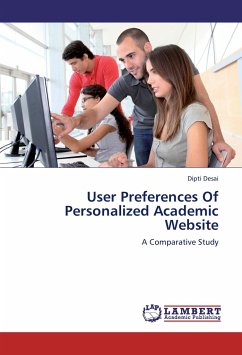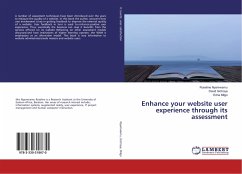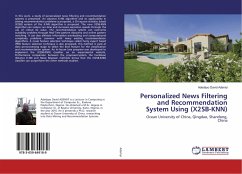There has been a growing concern over the enrollment by American students into Science, Technology, Engineering and Mathematic (STEM) fields of study. Following globalization there is a direct competition for jobs in the United States with lower-wage workers around the globe and the US, thereby, is on the verge of losing its global technological competitiveness (Committee on Prospering in the Global Economy of the 21st Century: An Agenda for American Science and Technology, National Academy of Sciences, National Academy of Engineering, Institute of Medicine, 2007). Governmental as well as non-profit organizations are constantly searching for ideas, programs and initiatives that encourage more US citizens to consider STEM careers. One of the most common recommendations out of these councils and existing programs is to involve such groups whose numbers in STEM do not match well with their numbers as a proportion of the overall population of the nation. Underrepresented groups need more attention, personalization, motivation and encouragement by institutions and industries for the government to practically achieve their targeted numbers in STEM (Business- Higher Education Forum, 2010)
Bitte wählen Sie Ihr Anliegen aus.
Rechnungen
Retourenschein anfordern
Bestellstatus
Storno








